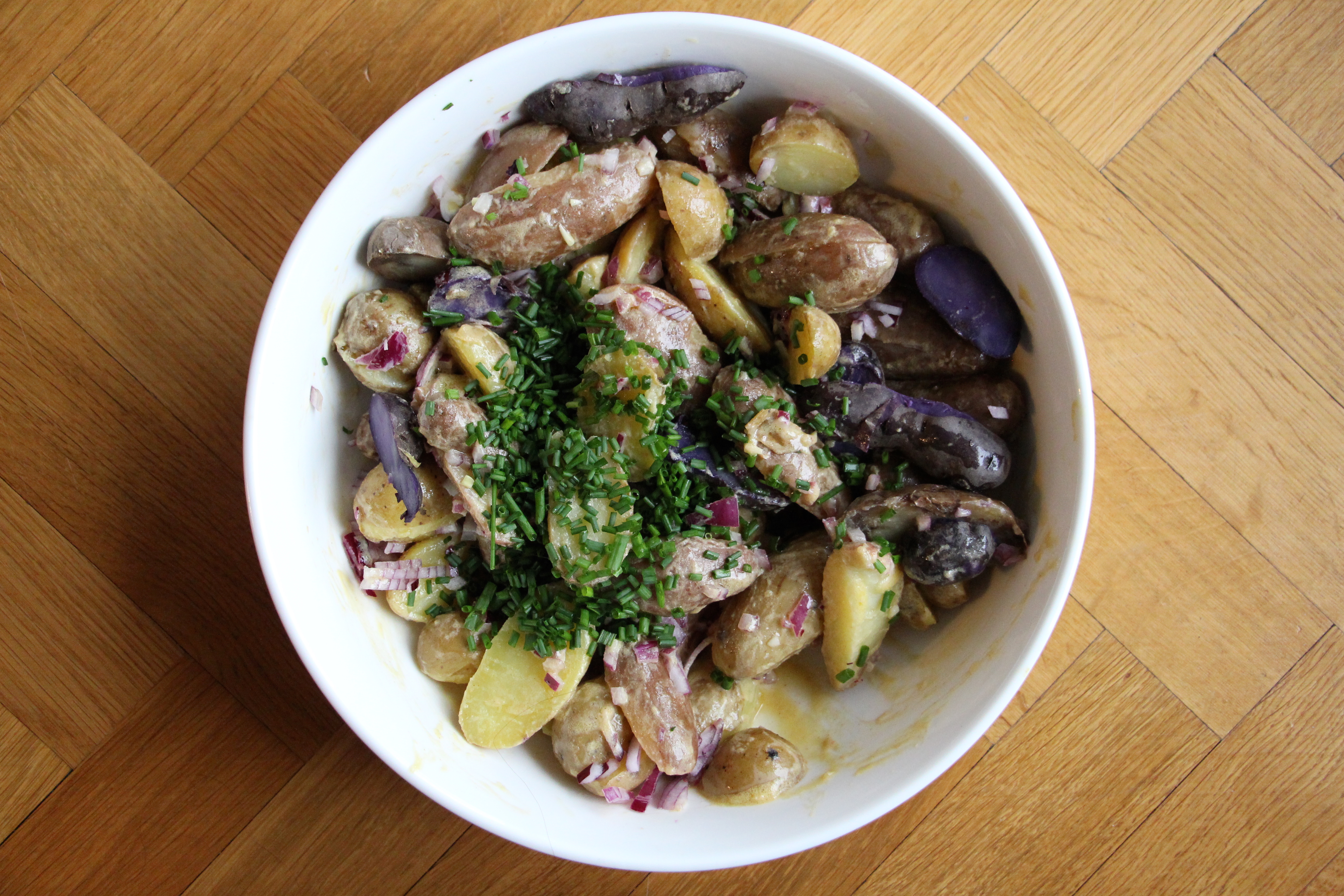When it comes to dating someone – or marrying someone – whose language is not the same as yours, miscommunication takes on a whole other level of strange.
I know that even people who speak the same language sometimes find things getting lost somewhere between what you intended to say and what the other person heard and understood. (There’s even a linguistics diagram for this with a three-piece communication puzzle – the signifier, the signified, and the referent – but that’s another nerd-ism for another day.)
The reason I bring this up is one specific phrase that has been the impetus in many a disagreement in my household: “Pourquoi pas?”
Literally translated, it means “Why not?” But as I learned in one of my early French classes, when the teacher on the very-80s video series we were required to watch implored the students not to believe that “Bonjour” means “Hello” (It doesn’t. I’ve addressed this extensively.), not all phrases that seem to have an equivalent in English actually mean the same thing in both languages, because you need to take the cultural context into account.
In a Facebook group I belong to for expats, one frustrated fellow American explored the ways in which he felt that “pourquoi pas” is almost insulting:
“What it is saying, is that you’ll do it only because you have nothing else better to do,” he wrote. “In the choice between cleaning the toilets or going to have a drink with you….why not, I guess I will go have a drink with you because cleaning the toilets sucks more than having a drink with you. But just barely.”
And while I’ve felt this struggle many times before, he really hit the nail on the head as to why it really bothers me.
Culturally speaking, Americans do tend to get a little bit more excited about stuff than French people do. We think everything is “wonderful” or “amazing” or “great,” something that the French have picked up on and use to make fun of us whenever they get a chance. But on the flip side, many a newly arrived American gets frustrated by the fact that French has no real way of evoking that, “I’m so excited!” mentality. It’s no wonder bilingual people see their personalities change when they code-switch: the languages don’t afford us the same tools to express the sentiments we have in one language in the other.
Regardless of whether I’m intellectually aware of this, however, there are some phrases that will always rub me the wrong way, and the dreaded “Pourquoi pas?” is one of them. It always feels insulting, when really, it’s just meant to be taken at face value. The absence of excitement isn’t necessarily an indicator of abhorrence – but knowing that and intuiting it are two separate things entirely.
The best I can do is try to integrate it into my own vocabulary, to embrace it and understand it the way that I have so many other phrases I never used to use and have now become inexorable parts of my French conversation: “N’importe quoi,” “C’est pas que…” and of course, the dreaded, “Quoi,” at the end of pretty much every sentence.
Purple potatoes? Pourquoi pas.
Purple Potato Salad with Shallots and Chives (serves 2)
500 grams mixed potatoes (I used yellow and red fingerlings and purple vitelottes)
3 tablespoons olive oil
2 tablespoons cider vinegar
2 teaspoons Dijon mustard
salt and pepper
1 shallot, minced
1 small bunch chives, finely chopped
Steam the potatoes for 20 minutes, until tender. (Steaming helps the purple potatoes retain their color.)
While the potatoes steam, whisk together the olive oil, vinegar, mustard, salt, pepper, and shallots in a large serving bowl.
When the potatoes are cooked, halve them and toss them with the vinaigrette. Allow to cool slightly (about 20 minutes).
When the potatoes have cooled but are still relatively warm, sprinkle with the shallots and serve.

